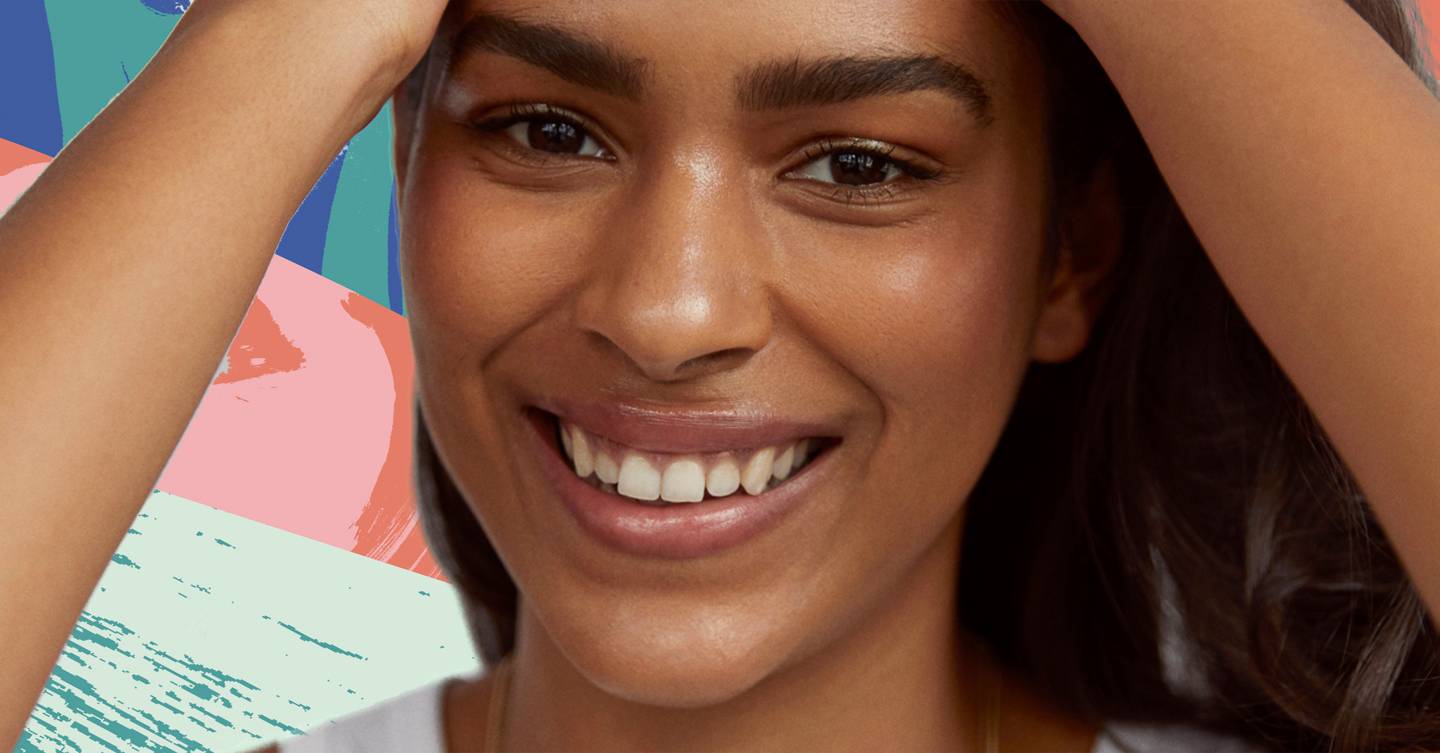Following the devastating death of George Floyd, an unarmed black man who was killed in police custody, demonstrations of outrage have been held across the world this week. People are standing in their millions to protest against police brutality and systemic racism, while others are showing support the #BlackLivesMatter movement on social media. The past few days have been dedicated to observing, mourning and bringing about policy change.
Many people have woken up to the realities black people face every day of their lives, vowing to become better allies, educate themselves on the history of black culture and ensure they are actively anti-racist.
There are many ways you can become a better white ally – from understanding white privilege to writing to your MP regarding #BlackLivesMatter or using books, podcasts and documentaries to educate yourself on anti-racism. But in addition to all of these incredibly important actions, purchasing from black-owned beauty brands is another way to support a devastated and struggling community. After all, showing holistic support includes reassessing consumer habits.
Black people are less likely to have access to capital to fund their businesses. Although many of said brands have also been disproportionally affected by the Coronavirus pandemic, this is sadly a long-standing problem. Liha Okunniwa, founder of Liha Beauty, wrote on Instagram: “My dad has had a business in the UK since 1958 and I grew up above shops. He is a visionary and a design genius but the world will not know that because like every other black person during that time, he was fighting on a daily basis just to be seen and recognised as a human being and a man. He didn’t get to build his Nike.”
Purchases made from outside of black communities can have major impact on potential growth and help level the playing field.
Aurora James, founder of fashion label Brother Vellies, supported this in a statement on Instagram. She explained that black-owned businesses are the most vulnerable and have historically received the least amount of economic support. She urged major retailers like Sephora and Whole Foods to buy at least 15% of their products from black-owned businesses. “I am not saying this is easy. I’m saying this is necessary,” she said.
It’s also worth noting that without the black community, the beauty industry would not exist as we know it today. In fact, some of today’s most-booked beauty treatments and biggest cult trends (hair extensions, nail art and acrylic nails, to name only a few) are steeped in black culture and have been a staple of black beauty for decades. And that’s not all: @brownbeautytalk recently reported that black women spend around £6 on hair and beauty for every £1 that white women spend. If we love the beauty industry, why wouldn’t we show support for the businesses founded in the black community that play a huge part in keeping it afloat?
To bring black-owned beauty brands to the forefront of your mind, we’ve compiled an edit of 20 companies that deserve to be championed now and forever. Showing your support is not a one-time thing.
These beauty brands cover all bases – from hair to makeup and skincare. They’re also all female-owned as well as being black-owned, and many further put sustainable beauty at the forefront of their brand ethos. A purchase (or a follow and share, if you can’t invest due to current financial uncertainty), will not only mean you support the black community, but support female entrepreneurs and businesses working to champion sustainability. There’s everything to gain and nothing to loose.
